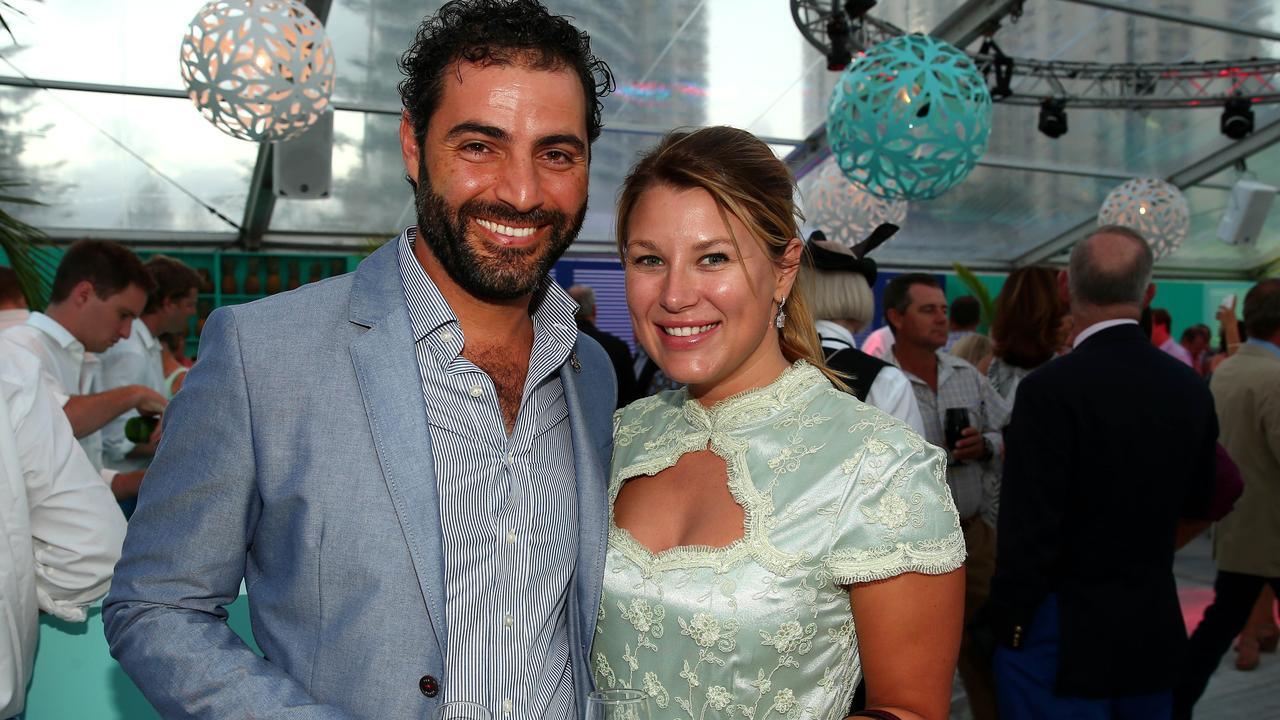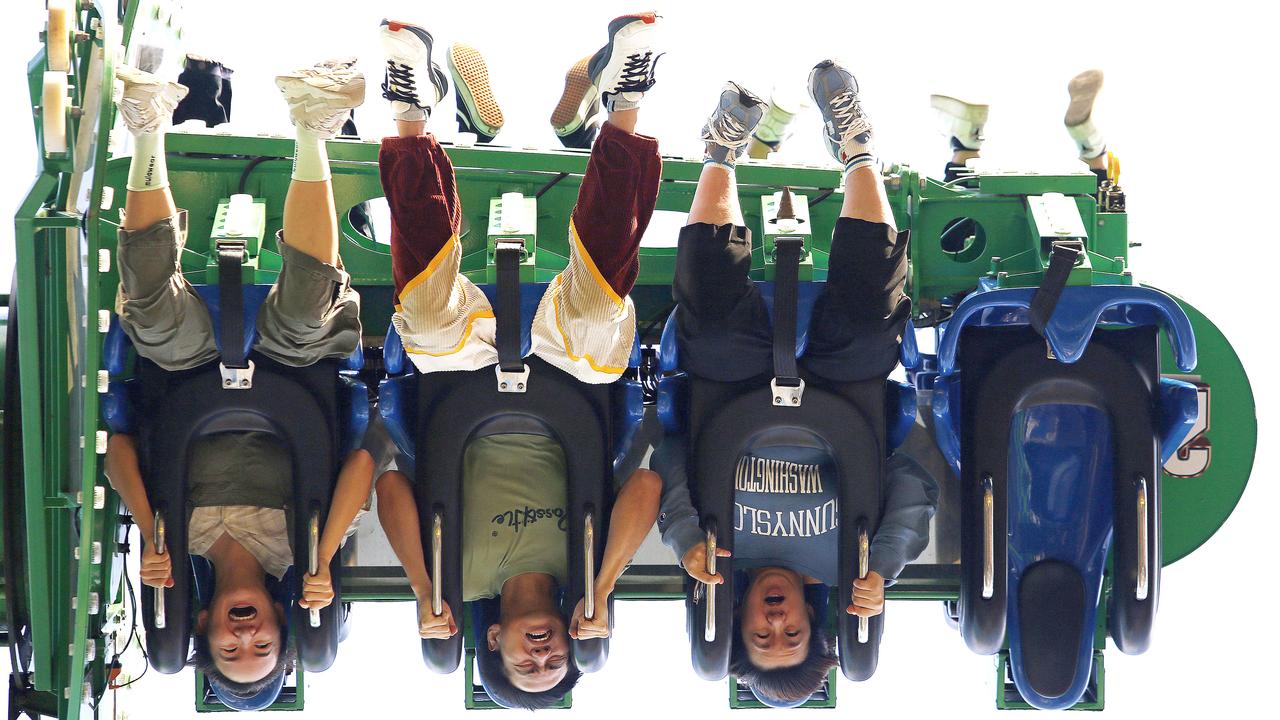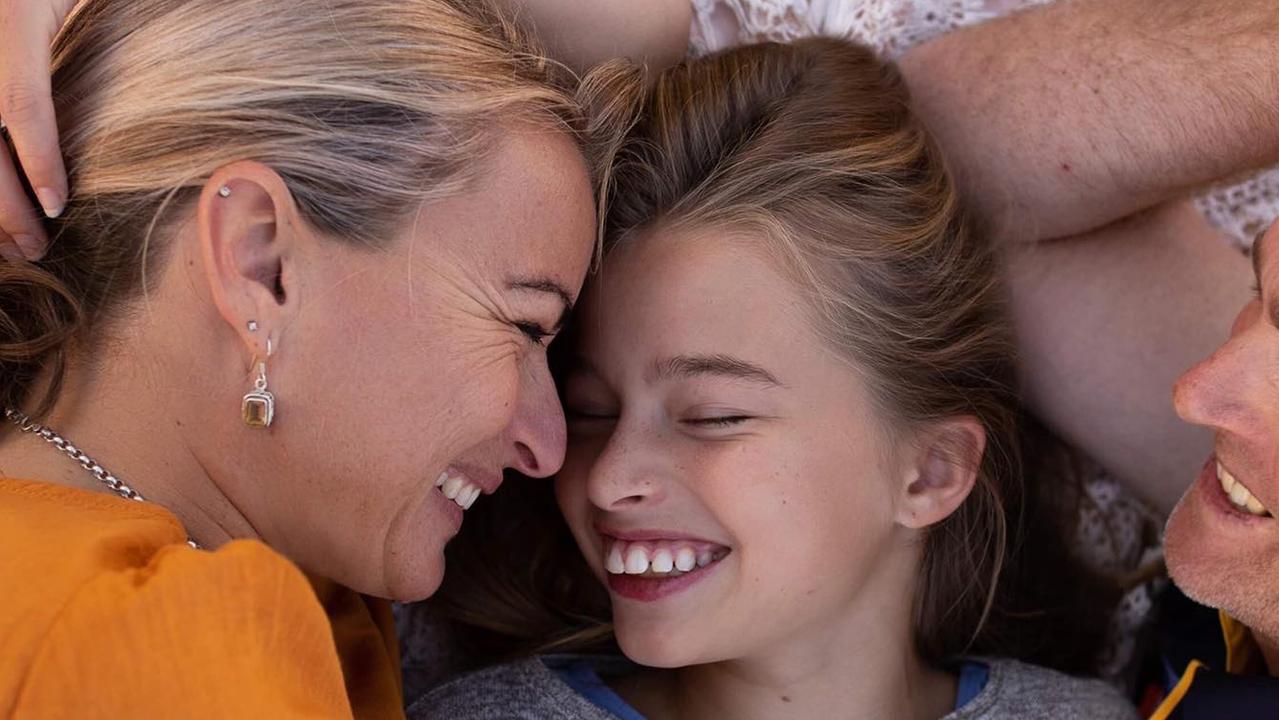‘Violence against women and domestic violence are happening everywhere’
I AM a well-educated woman who lives in a inner-city warehouse conversion. I am not on welfare and do not take drugs. But I am a survivor of rape and an abusive relationship.
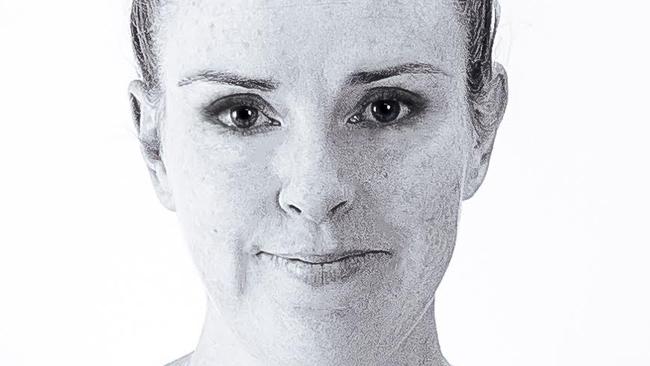
I AM a rape survivor.
Let me say that a little differently.
I am a proud survivor of rape. I am a proud survivor of a rape that occurred at 18, when I was an educated, ‘nice’ girl, who had very little understanding of just how scary some men could be.
I am the survivor of physical and emotional violence within a relationship.
I do not hate nor do I think I marginalise men. I am fortunate in my marriage to a gentle man, and in my amazing male friends.
But violence is a gender-based issue. Violence against women is real. Some men are violent, and whether they are rich or poor is irrelevant. Violence against women and domestic violence are issues that are happening here and they are happening everywhere. Violence, emotional and sexual abuse is happening among my peers, my friends, and my work associates. Violence is happening to professional women. Violence is happening to the partners of professional men.
Violence does not need a passport. Violent men don’t need a visa to cross streets, or suburbs, or into your home or bedroom, or walk across a room.
Violence doesn’t care about money, or class, or status. Violence has no concept of whether or not one is of good character.
Violent men aren’t thinking about whether or not they are emasculated by poverty.
They are thinking about inflicting pain in order to feel powerful. They are thinking about hurt, and red mist, and fear, and power.
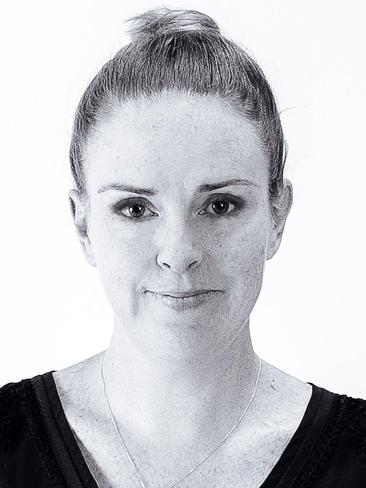
I was feeling optimistic last week. There was a petition doing the rounds online and unusually, I stepped up in a flash and signed it as quickly as I could put my digital mitts on it. Why? Because it asked for Chris Brown, the ‘entertainer’ (and I use the word advisedly) to be banned from obtaining a visa to enter Australia on grounds of character. Thankfully, the petitions, and the Federal government’s new-found sense of sanity, prevailed.
As the Minister for Women, Michaelia Cash said: “People need to understand if you are going to commit domestic violence and then you want to travel around the world, there are going to be countries that say to you, ‘You cannot come in because you are not of the character we expect in Australia’.”
Alongside the Prime Minister’s announcement of the $100 million-plus package to tackle the issue of domestic violence head on, a glimmer of hope seemed to be emerging when it came to less rhetoric/more action with starting — and it’s only a start, not an answer — to solve the increasing problems of domestic violence and violence against women in this country.
Then, over the weekend, things started to sour.
There were a number of articles about violence against woman (VAW) and domestic violence being purely socio-economic problems — ‘demographic-based’ issues, if you will.
Several high-profile commentators seemed to see DV and VAW as occurring only in communities that were predominantly welfare-reliant, had high indigenous populations, and equally high rates of unemployment, drug-use, and associated mental health issues.
Additionally, the funding had only occurred because of pressure from the ‘feminazis’ (odious word), who were out to demonise men and grind them into the ground, bleating about man hating, how awful men were, and ‘let’s instigate a policy of throw every man (who makes over $100K) to the wolves’.
The gist of the argument — and it was argumentative — was this; women who received bad treatment at the hands of men did so because they were not nice, or suitable, women.
Women who were victims of DV and VAW had made a crap choice in a man, who, it seemed, were almost justified in hitting/hurting them because they were feeling emasculated through the poverty cycle. These women popped out lines of crack babies, found another crappy man, and kept doing the same ad infinitum because — well, because they were not nice women to start with.
Anyone who thought there was a possibility of women being raped, assaulted, or in any way abused in ‘nice’ areas, or that this happened at all to ‘nice’, or ‘suitable’ women, needed to take a Valium or two, slosh down a hefty gin and tonic and indulge in a trip to the day spa until they calmed down.
I got angry as hell.
Why? Because if this was truth, then I was a welfare-reliant, drug-taking, mentally ill piece of trash, flinging myself in front of every low-down, dirty, scummy man I could find. I had asked for what I had received, and I was continuing to ask for it.
Firstly, no woman, irrespective of circumstance, demographic, or societal status, asks to be raped, hit, or hurt. Ever.
I am, in fact, 43 years old. I am educated. I live in a very nice inner-city warehouse conversion. I do not take drugs — other than prescription for Early Onset Parkinson’s — and sadly, I do not have any children, crack-dependent or otherwise.
I consider myself very fortunate in my standard of living, and I thank whoever is out there for what I am lucky enough to enjoy.
I certainly don’t take it for granted.
I am not on welfare, with the exception of a Health Care Card, because let’s face it; Parkinson’s isn’t going anywhere any time soon.
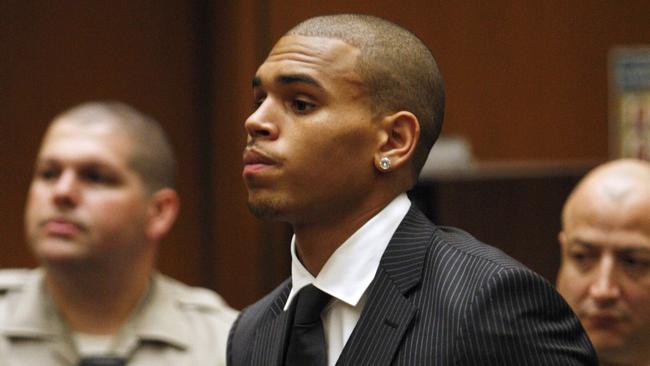
There were a lot of statistics thrown around on the weekend ‘backing up’ the claims about nice women not being assaulted. About nice women not being raped.
Statistics can be quoted until the cows come home, or the last gin and tonic is reduced to a few sad lemon pips and a solitary remnant of what was once an ice cube. Stats, however, are subjective. That is, unless you look at the homicide statistics.
Between 2002-12, the domestic homicide figures in Australia showed: 85 per cent of the 2349 murders committed in that period were by men; 654 of these were intimate partner homicides, and men committed 77 per cent of them.
I am not ashamed of the fact that I was raped. I am not ashamed of the fact that I am the survivor of domestic violence.
What I am ashamed of is those women with a high profile who are insisting it doesn’t happen to women like me.
Perhaps one day, inside their very large houses, with their very thick walls, they will scream for help because violence has walked through the door, slammed it, called them a whore, and thrown them across the room for not having dinner ready, or for looking at their best friend the wrong way, or not laughing at one of their jokes.
Then they will understand just how far violence can travel, and how silent it can be.

